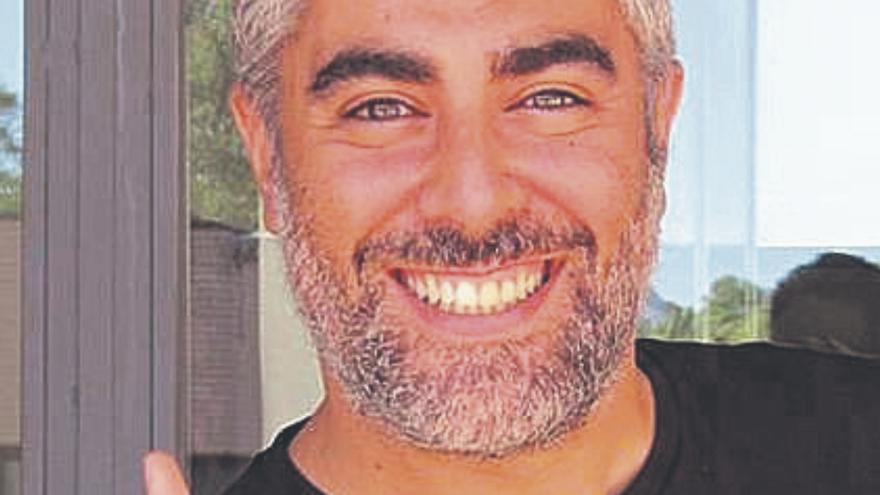
His resume presents him as a “teacher trainer in new technologies to digitize the classroom and turn it into a place to learn, as well as a geek of board games and their application in class.” With this base, what are you going to exhibit in the framework of the forum?Tenerife GG’?
Children learn best by playing and what is intended is to show them an entertaining and playful way to acquire what is called significant learning, that which stays in time and is not forgotten. With the conventional method, most reach September and no longer remember anything. We use board games that present three methodologies. The seroius games (serious games), trivial type, that deepen the learning of the contents; gamification (from game, game) to show children challenges to which they react to work from the inside out and not the other way around. Finally, the methodology that we bring to the Island. It is game-based learning; that is, to bring the game to the classroom in a didactic way. Children exercise a series of brain functions and what is sought is to learn to learn, through abilities such as planning, strategy or other skills so that they can be useful adults. They play and the teacher evaluates.
Did you know about this event, which is celebrating its second edition?
Yes, I knew about the reference fair, through the commercial on the Isla de Juguetes Cayro, a company for which I am an educational advisor. I have never been and I really want and hope to go. It will be four days for me, from the 12th to the 15th. I hope to be able to show this method to many teachers in Tenerife.
What is Ludocentros, an initiative of which you were the founder?
A meeting of educators and teachers that we held in Madrid before the Covid-19 pandemic to share experiences and that, I announce, we will resume shortly. It was done in a classroom of a center with different teachers and with the educational part of board games as the axis.
One of its objectives, like that of other teachers who use technological tools, is digitization in the classroom. At what point is this process in Spain?
The most important thing that must be said on this subject is that digitization is purely current, it is not about the future. It’s here. Children must be accustomed to handling technology in its educational aspect from an early age, but technology is a tool and never an end in itself. They have to know how to use tablets, cell phones or computers but not spend 24 hours with them. The key is that they learn to use those tools that they already have.
It raises technology as a didactic axis in the classroom, but these days the ban on mobile phones and a return to the blackboard and the abacus are being promoted. How is this conjugated?
The main problem occurs when there is no reliable and tangible technological project. It’s not about changing the book of text by a tablet. This is an error and should not be used as an educational methodology. You have to put the student as the center of the classroom and not the tool. The tool can never be, and that unfortunately happens with frequent practical examples, the pillar of the educational center, but that role corresponds to the student himself. From there you can start to build a working method.















